A game changer for New Jersey racetracks? Meadowlands and Monmouth Park could get casinos
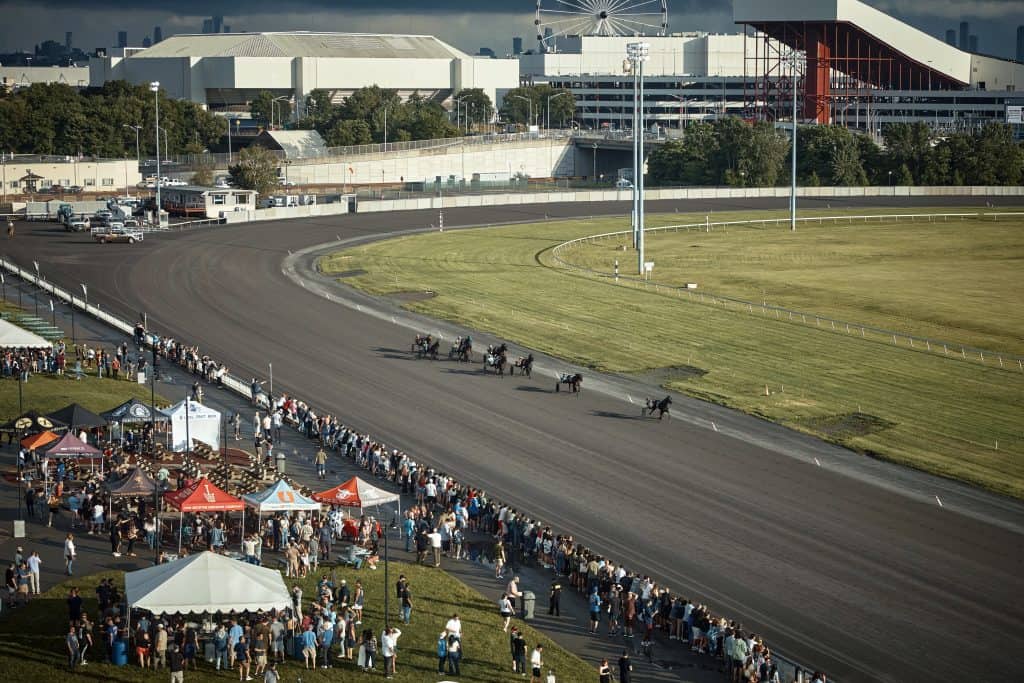
Nine years after Jersey voters nixed casino gaming anywhere outside Atlantic City, two lawmakers are floating the idea of slot machines, roulette, and blackjack tables in Bergen and Monmouth counties.
State Sens. Paul Sarlo, D-Wood-Ridge, and Vin Gopal, D-Tinton Falls, say adding table games to Meadowlands Racetrack and Monmouth Park would stanch the potential loss of gambling revenue across the Hudson as New York considers a possible casino in Manhattan.
“This plants a flag to send a message to New York state that if they open a casino in Manhattan, that New Jersey is ready to respond to the competition,” Sarlo said.
Sarlo and Gopal recently introduced legislation that would seek voter approval for a constitutional amendment that would authorize full-fledged casinos at each site. Under the legislation, the ballot question would be placed before voters in November 2026.
New York state gaming regulators are expected to approve up to three new casinos in the greater New York City area by the end of this year. Sarlo notes that a casino license approval in Manhattan — particularly if it is on the West Side — could prove to be a major lure for many Garden State residents, especially commuters who work in the borough.
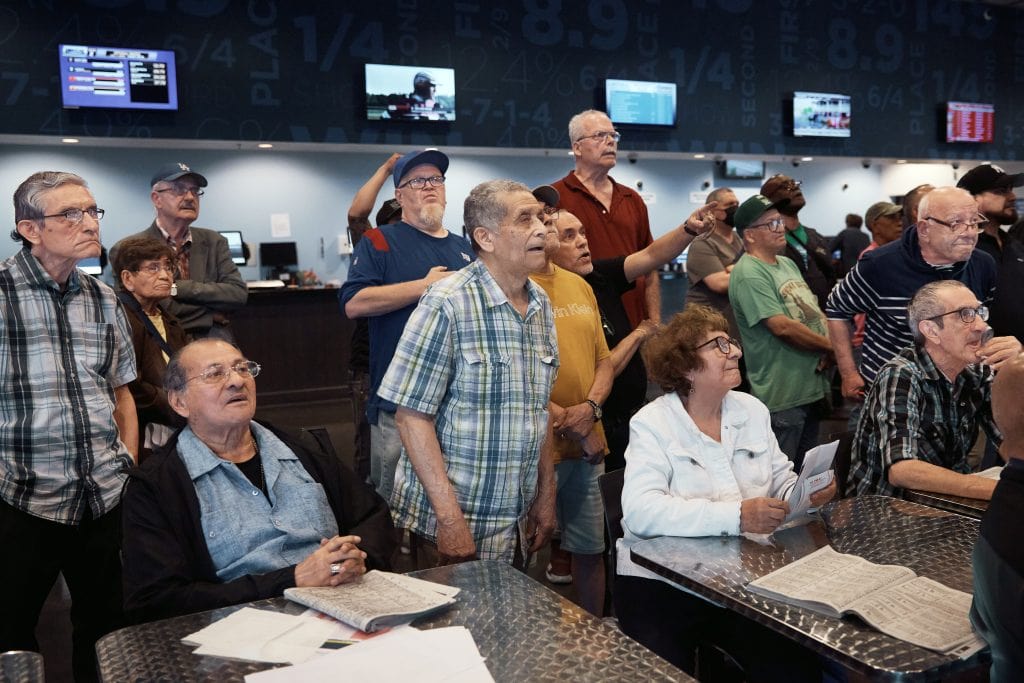
The constitutional amendment proposed by Sarlo and Gopal would hardly be a slam dunk. In 2016, a similar question was asked of state voters, and they rejected it by a 3-to-1 margin.
But supporters of expanding casino gaming outside Atlantic City, where it has been legally confined by the voters since 1976, say the vaguely worded 2016 referendum scared off voters across the northern half of the state who feared gambling halls and possible associated crime might inundate suburbia and tank property values.
The 2016 effort initially was bankrolled by wealthy New York City real estate mogul and Meadowlands Racetrack owner Jeff Gural and by Paul Fireman, owner of the Liberty National Golf Club in Jersey City, but they cut off spending on advocacy for the ballot question months before the vote after polling indicated that it was doomed.
Gural, however, remains convinced that a ballot question regarding a casino at his track in East Rutherford would be approved. The Meadowlands Racetrack is about 125 miles from Atlantic City, he said, and would not be a direct competitor to that city’s nine existing casinos. Including Monmouth Park in a ballot question, Gural said, might hurt chances for approval because it is only 55 miles from the South Jersey gaming mecca.
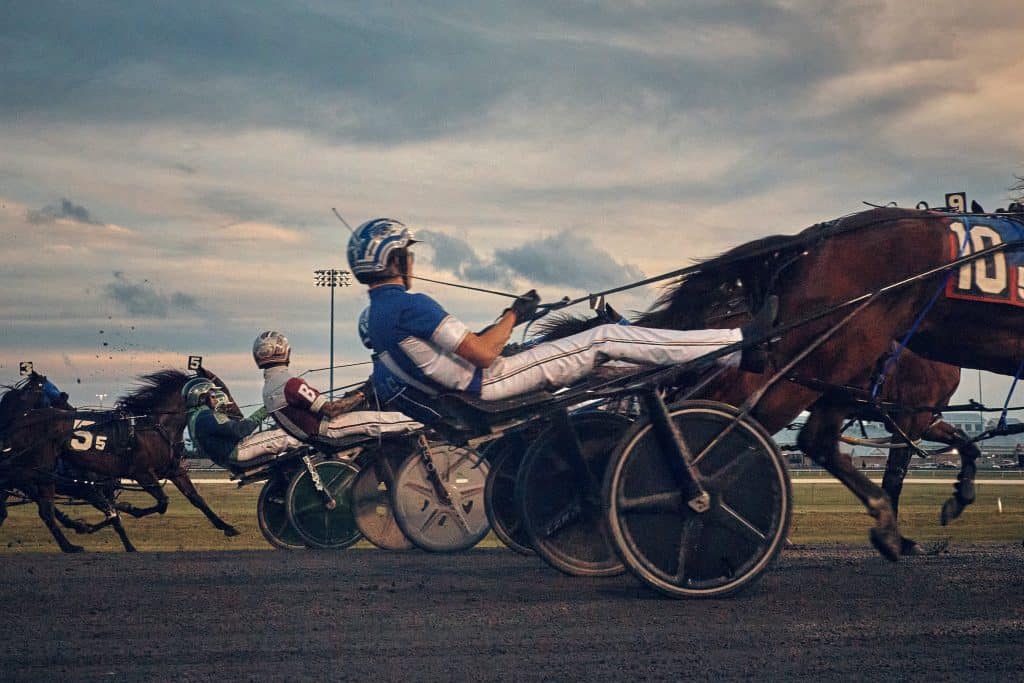
“When New York casinos finally get opened, and people [in New Jersey] are paying 18 dollars for a toll, they are bound to ask, ‘Why isn’t there a casino in my neighborhood?'” Gural said.
Dennis Drazin, who runs Monmouth Park, said in response that while he realizes Gural is seeking a full-fledged casino in the Meadowlands, it might be possible to compromise on a ballot question that winds up seeking approval of only slot machines at his track. The current language does not specify which type of casino gambling would be an option at either site.
The idea of adding slots or similar video lottery terminals to a racetrack — as is the case at Yonkers Raceway and Aqueduct in New York — dates back more than 20 years, when then-Gov. Jim McGreevey proposed installing VLTs in the Meadowlands. The thousands of slot machines at each of the two New York tracks — and later, electronic table games, though without “live dealers” — have been a major lifeline for each of the state’s venerable tracks while other tracks in the U.S. have gone out of business in recent years.
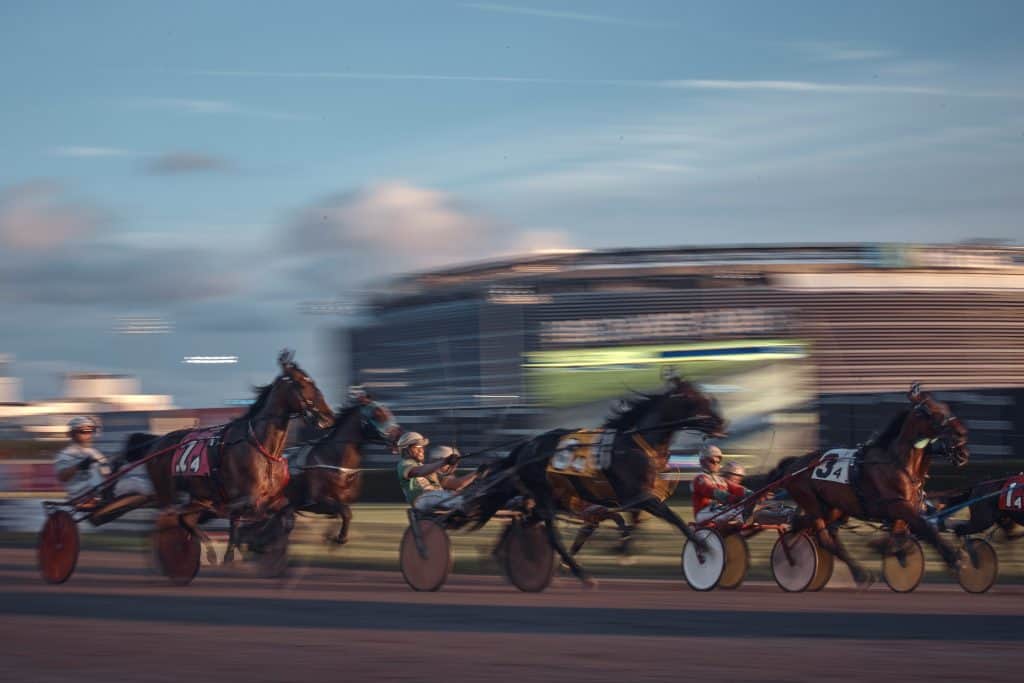
Since Gov. Chris Christie privatized the two New Jersey tracks more than a decade ago, the industry has been propped up by a $20 million annual state government subsidy to help bring sweeter purses that attract better horses and more bettors. A report by the state Department of Agriculture in 2021 estimated that the horse racing industry — including horse farms and breeding — adds more than $3 billion annually to the state’s economy. Each track employs hundreds of people, both part-time and full-time workers. Another report estimated that the racetracks produce about $75 million in tax revenue per year.
Atlantic City’s nine casinos, meanwhile, paid out a collective $180.1 million in 2024, with market leader Borgata contributing $48.7 million. A single casino in the Meadowlands Sports Complex undoubtedly would dwarf that Borgata figure given the population density of the region, experts say.
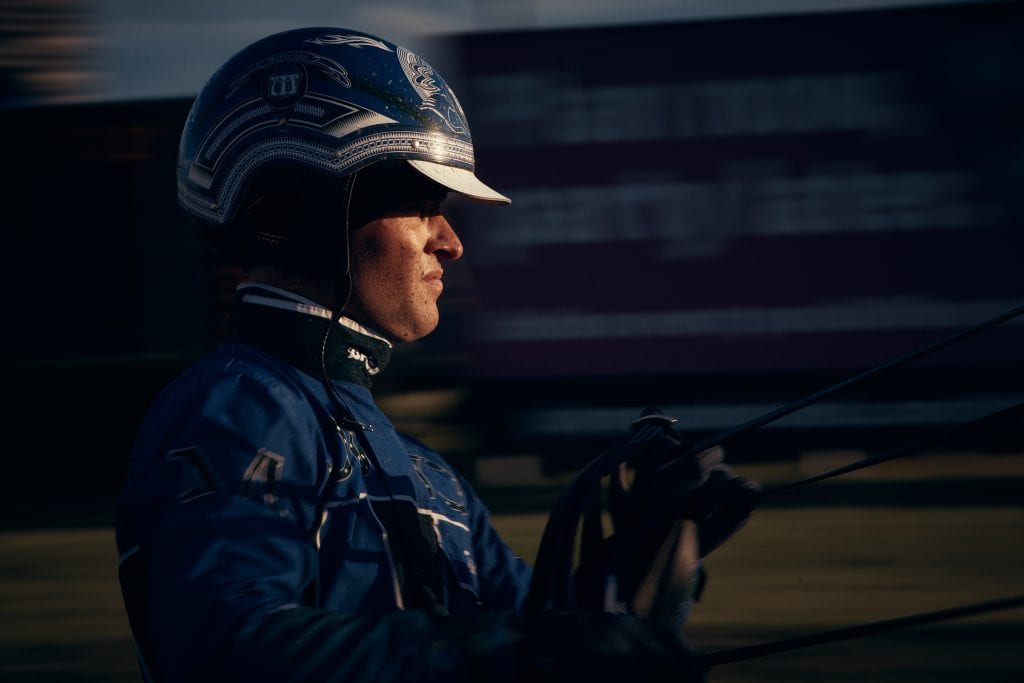
The bill introduced by Sarlo and Gopal would direct that 45% of racetrack casino revenue be dedicated to funding a reduction in property taxes — a hot-button issue for so many New Jersey residents — and 20% for special education aid. The rest would be directed toward funding the state pension system and cost-of-living adjustments for retired state employees, supporting Atlantic City tourism, and supplements for horse racing purses.
Gov. Phil Murphy has said he is open to considering casino development outside Atlantic City to retain gambling revenue and tourism within state lines.
Murphy told The Press of Atlantic City, the state must evaluate how any expansion could affect Atlantic City.
“If it’s a zero-sum question between New York and New Jersey, I want the gaming dollars and the tourism and everything that goes with it on the New Jersey side,” Murphy told The Press. “But I’m also conscious of what the impact would be on Atlantic City.”
Gural is among a number of insiders who have expressed skepticism that any Manhattan proposal will gain the necessary approvals.
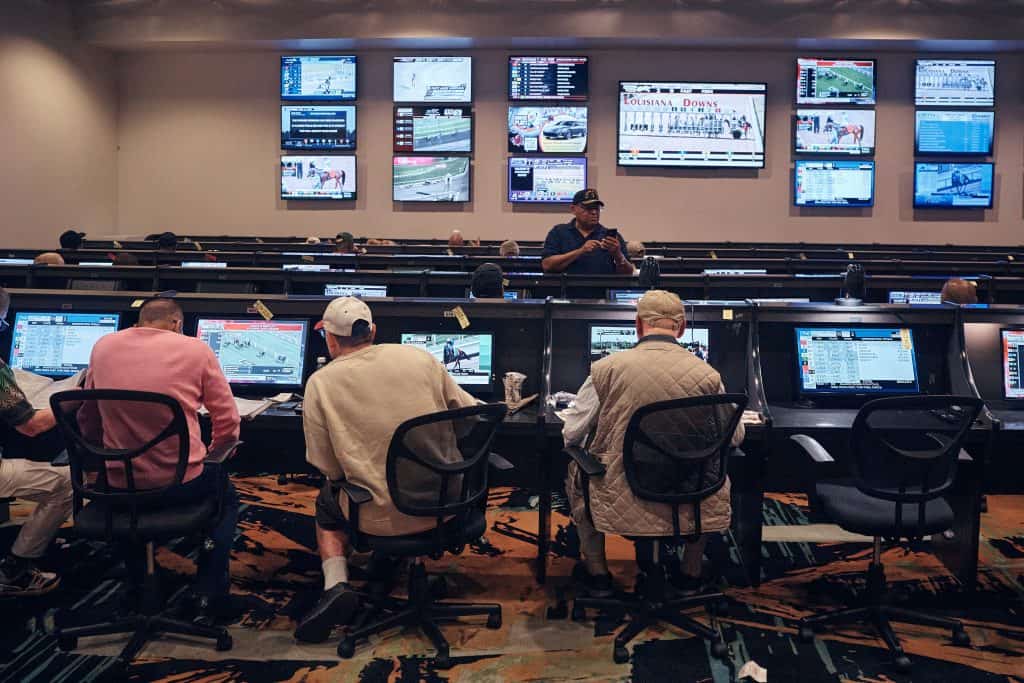
The challenge of gaining support for a casino in Manhattan has been underscored by the recent withdrawal of a pair of bidders. A plan for a high-end boutique casino proposed for the top three floors of Saks Fifth Avenue has been scrapped, as has an effort by Wynn Resorts to build a $12 billion casino project at Hudson Yards. Las Vegas Sands, meanwhile, has dropped its bid for a $4 billion casino at the former site of Nassau Coliseum on Long Island.
Some companies that operate casinos in Atlantic City are trying to add a New York City facility as well — Hard Rock (next to Citi Field in Queens); Caesars Entertainment (Times Square); and Bally’s (the Bronx).
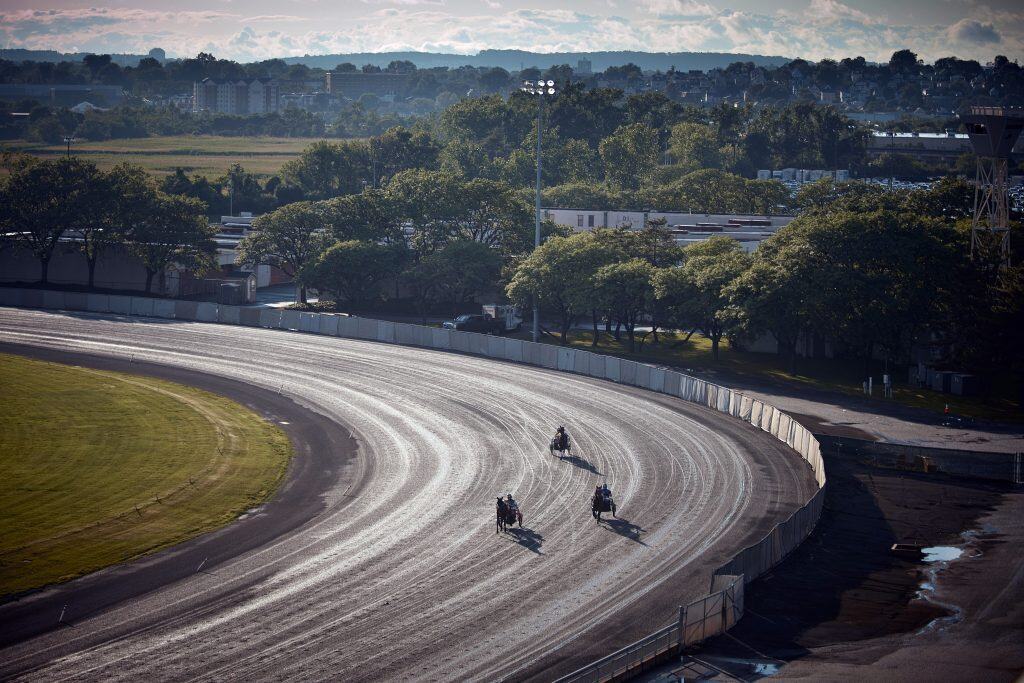
The Atlantic City casinos, online gambling that was legalized in 2013, and mobile sports betting that debuted in 2018 combined last year to put $679.6 million in tax dollars into the state coffers. North Jersey business leaders say a full-fledged gaming venue in Bergen County would boost those numbers and be a huge spur to the regional economy.
“The possibility of a casino to complement the Meadowlands Racetrack and MetLife Stadium would transform the complex into a world-class destination with multivenue amenities for all,” Meadowlands Chamber of Commerce President Jim Kirkos told The Jersey Vindicator. “The economic impact would be enormous.”

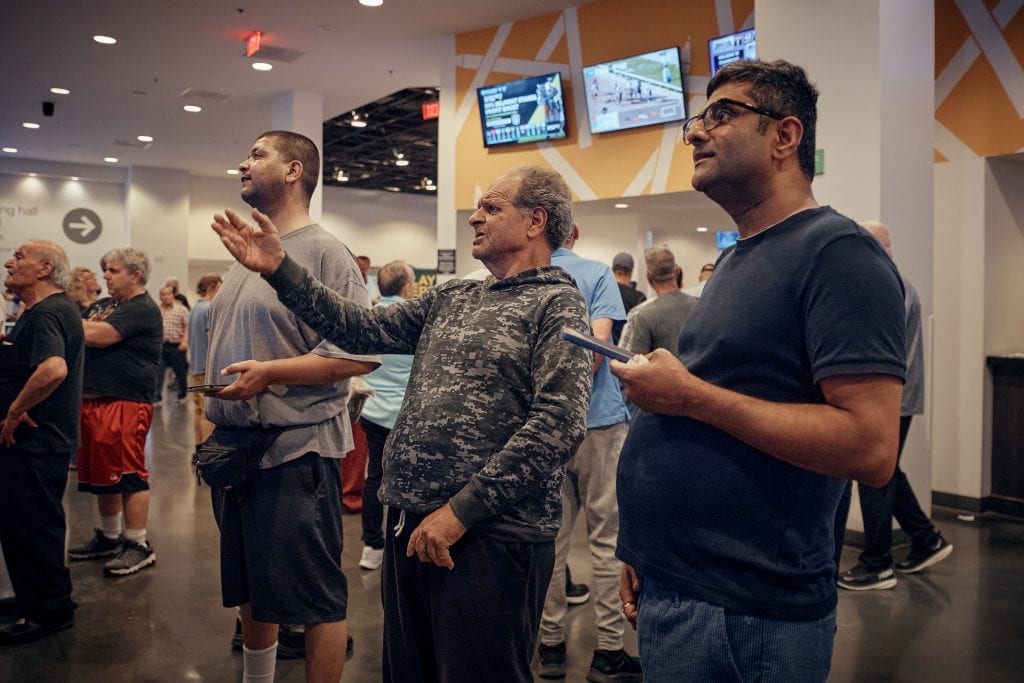
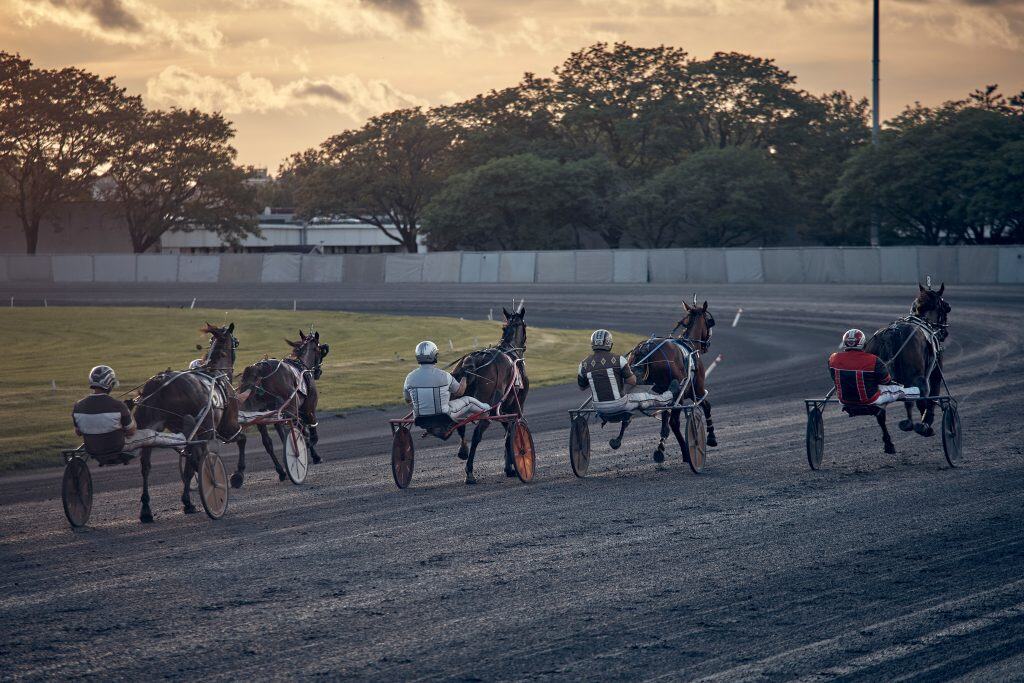
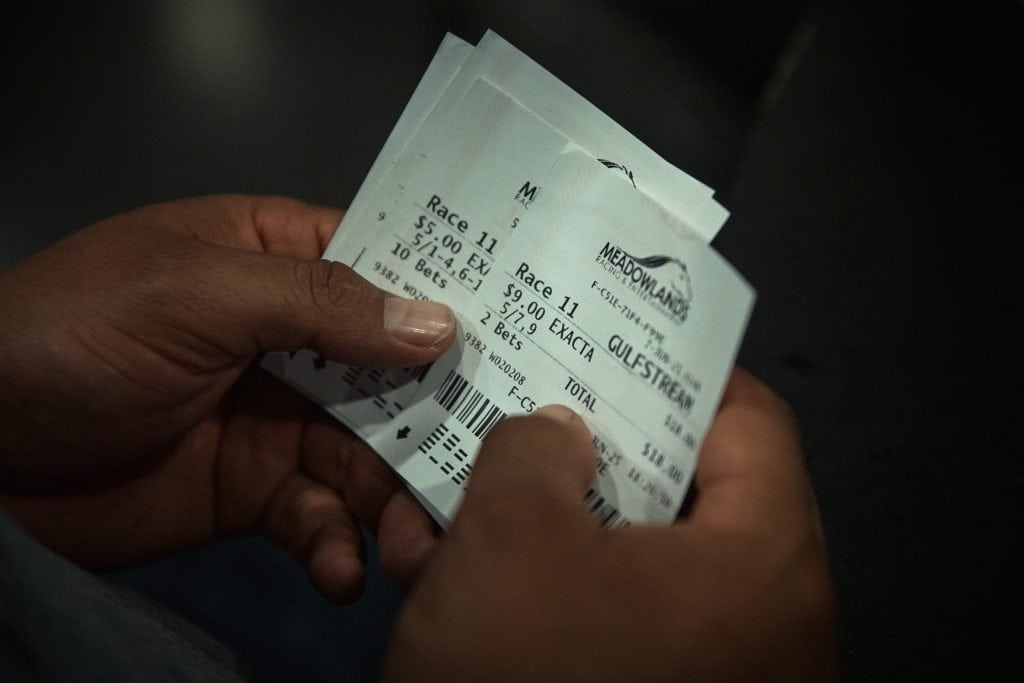
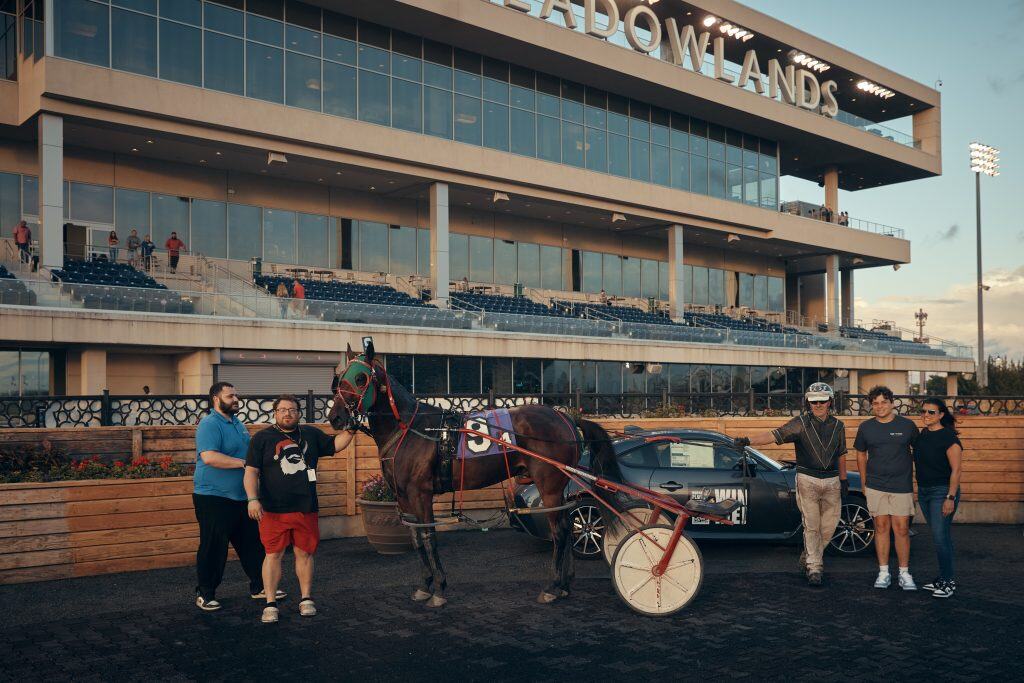

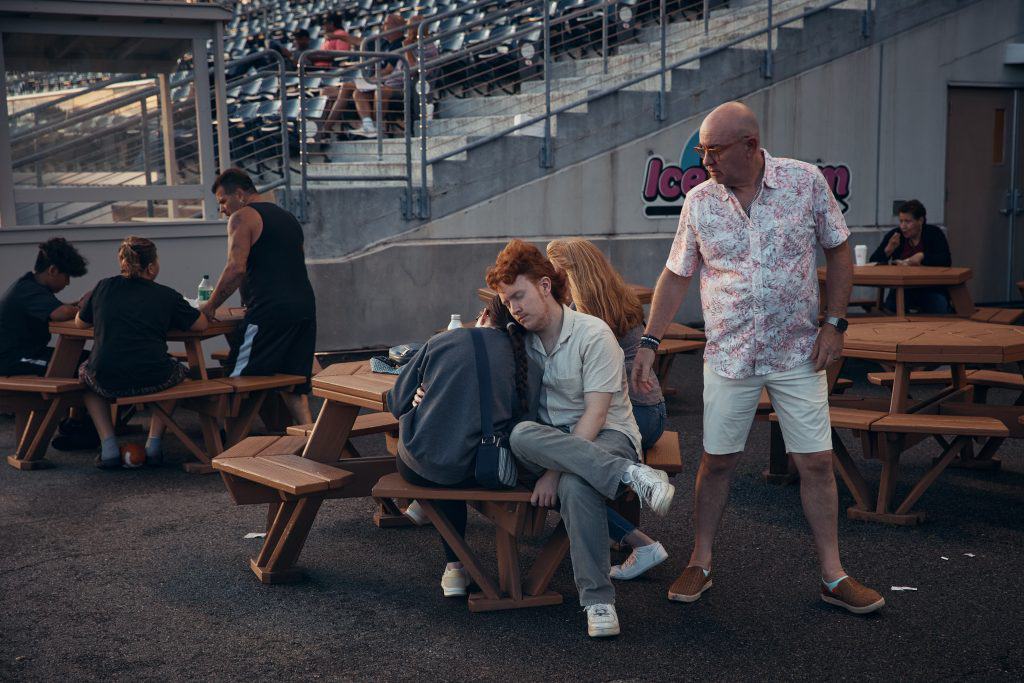

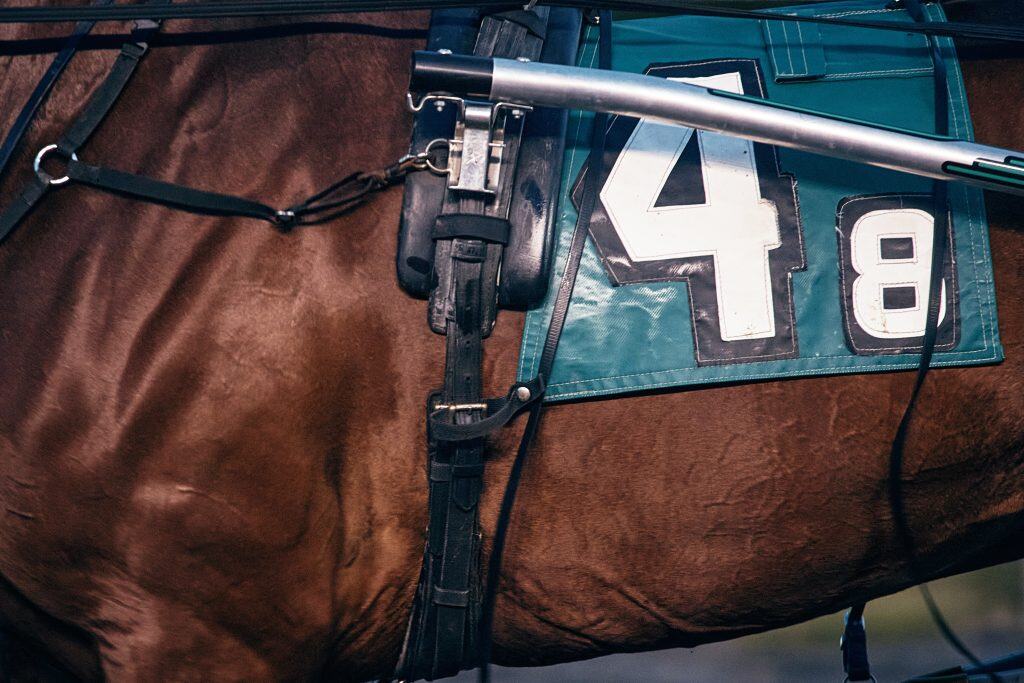
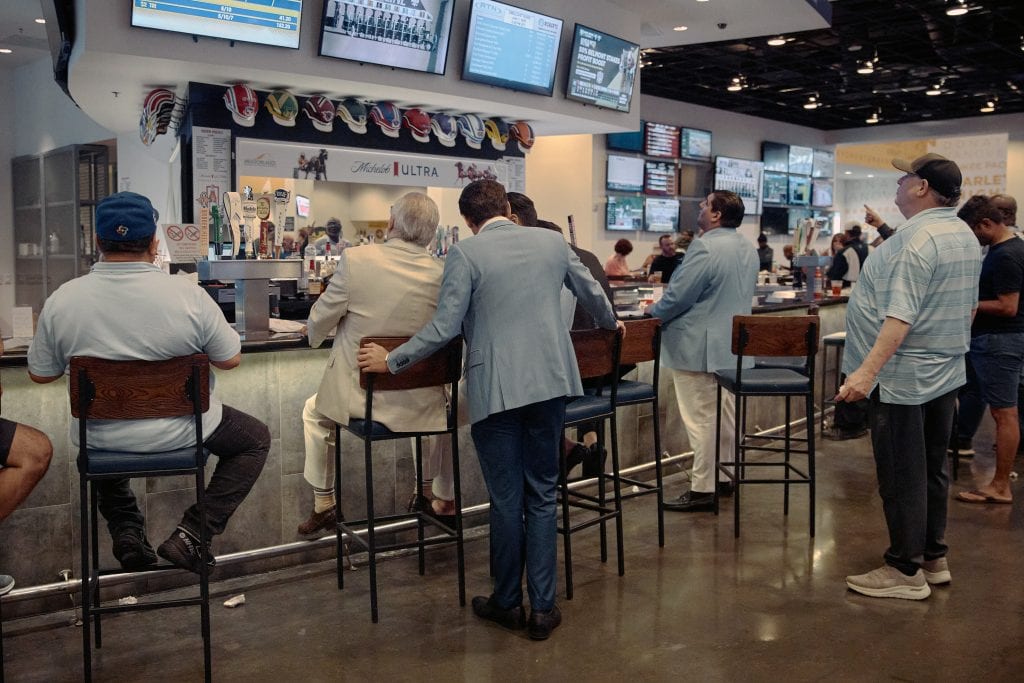
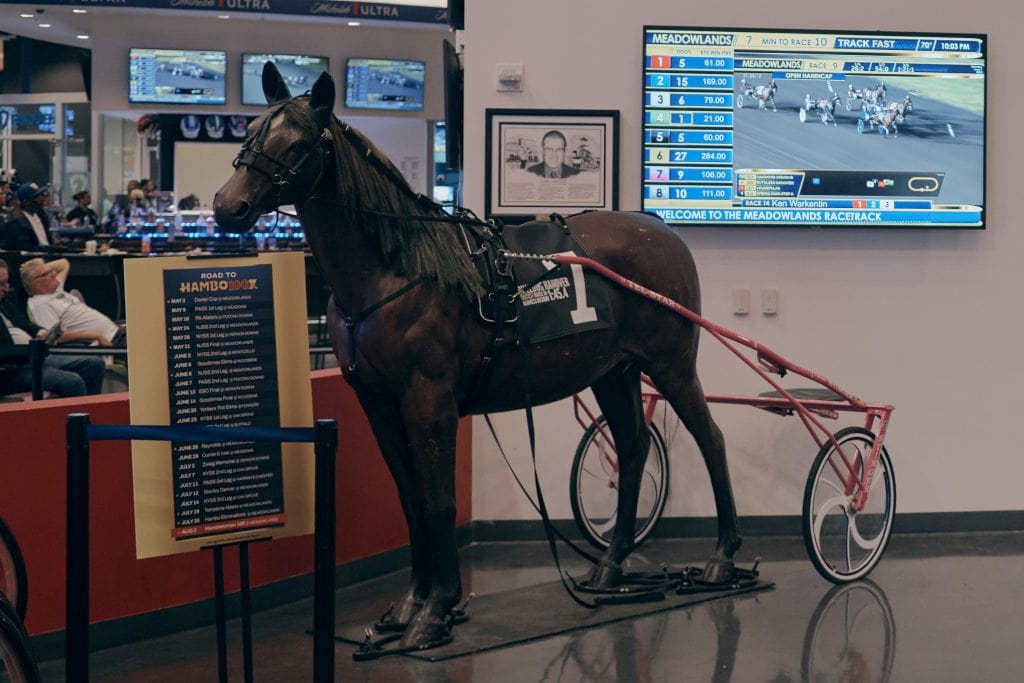
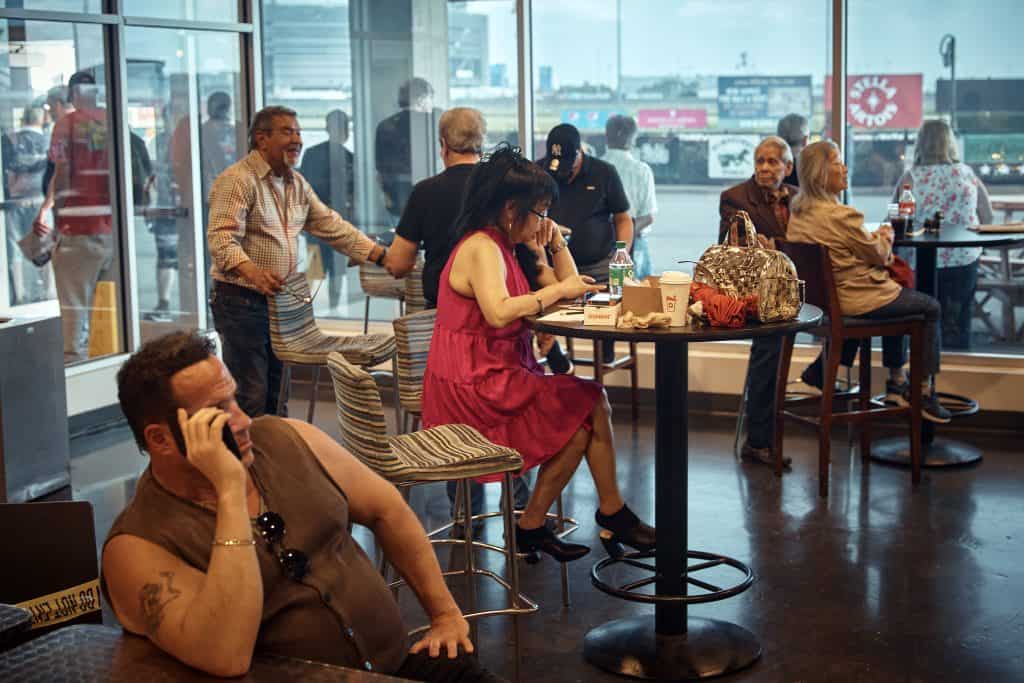
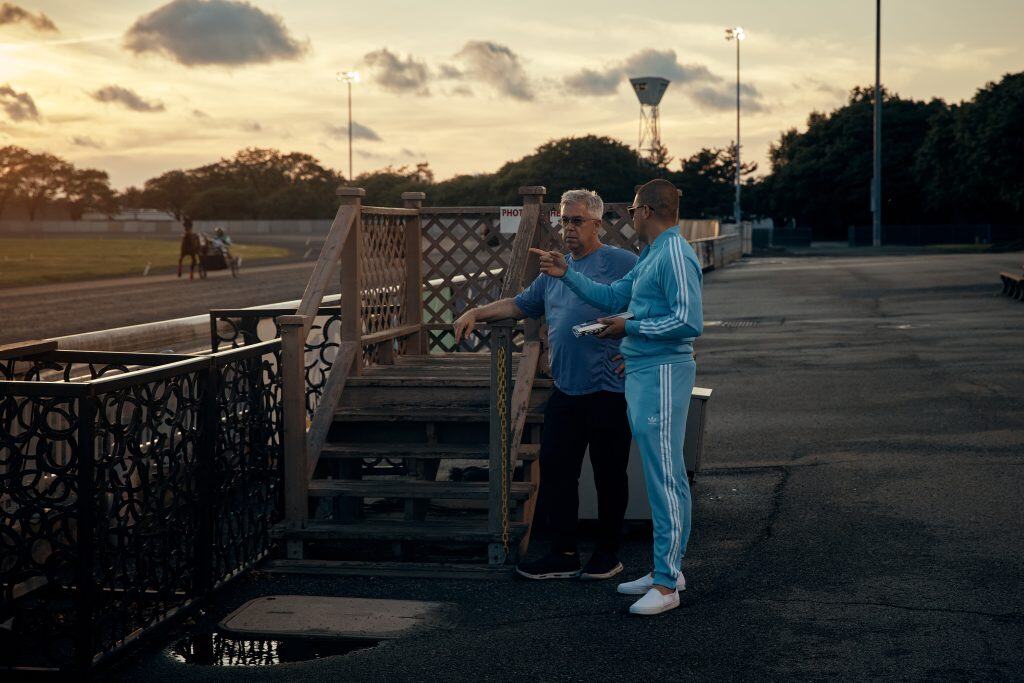
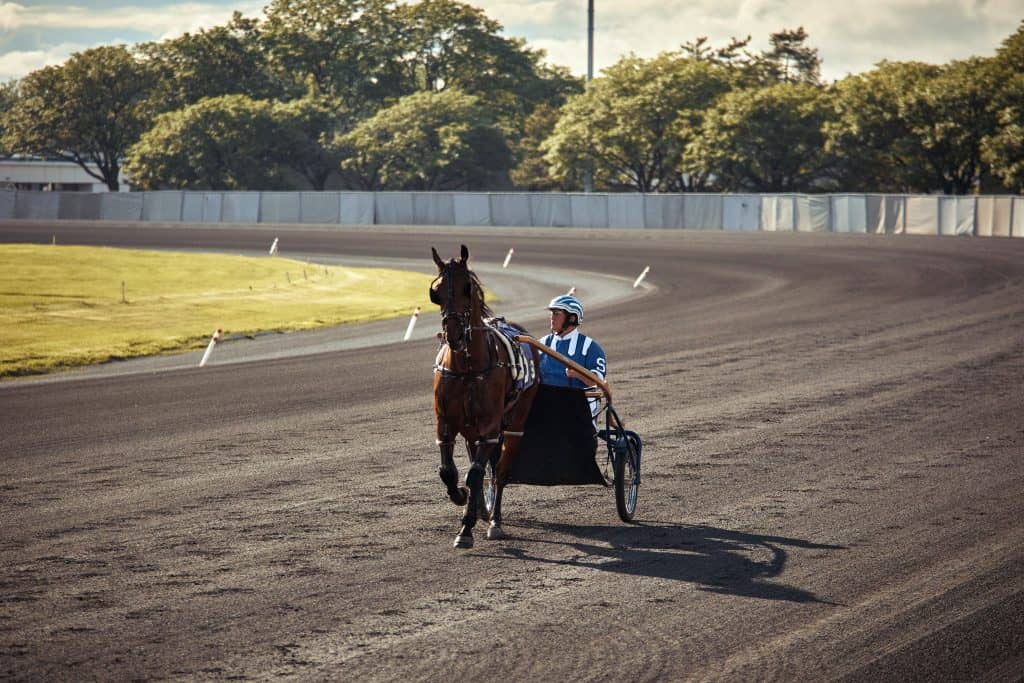
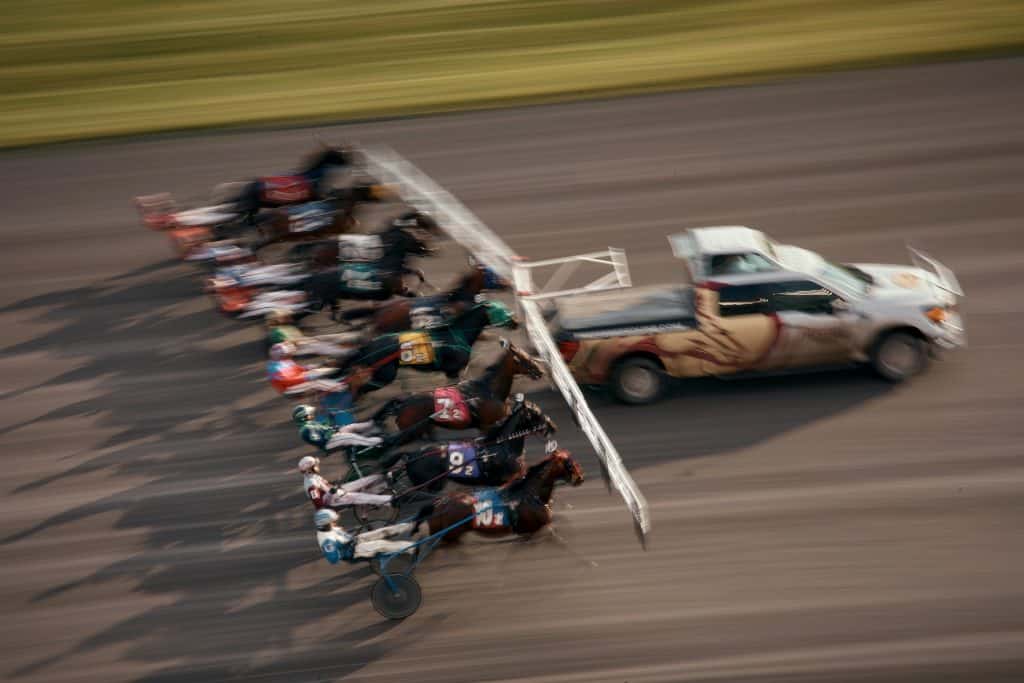
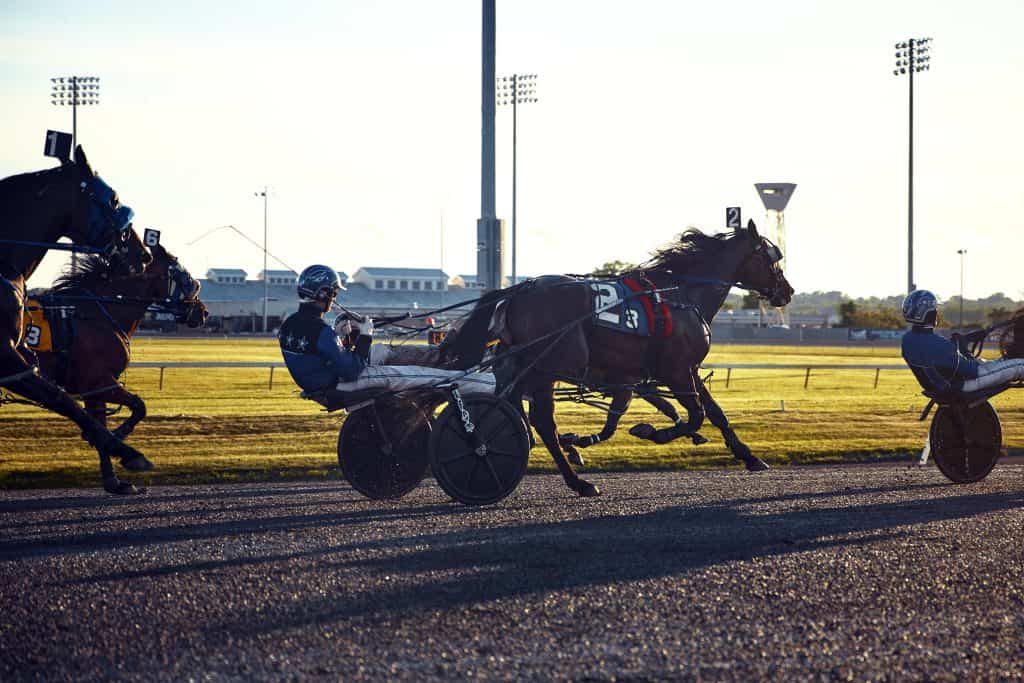
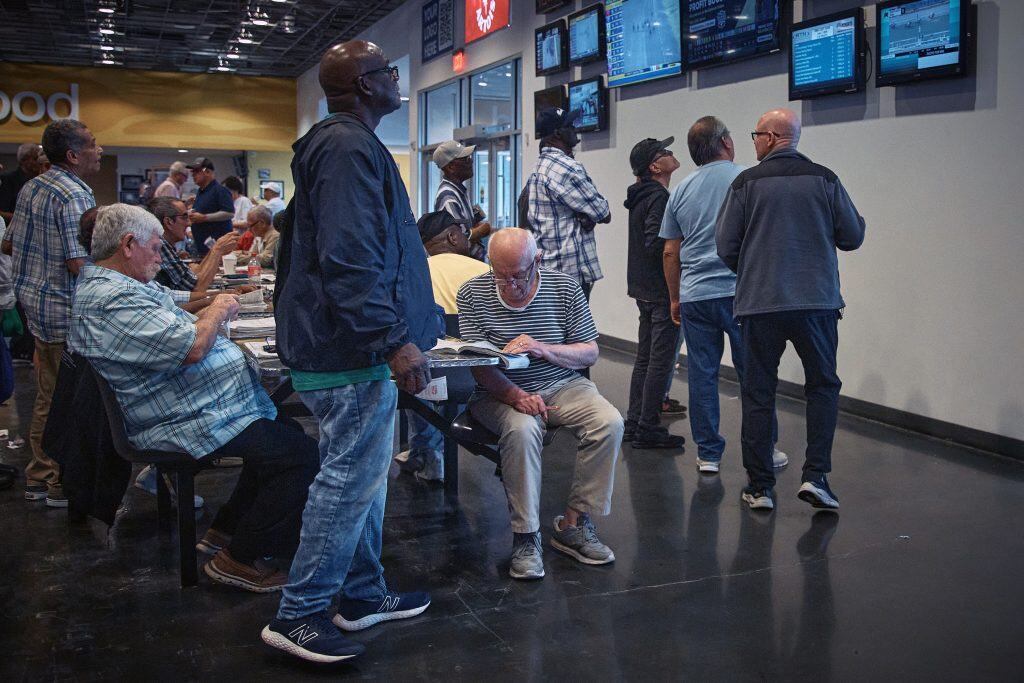
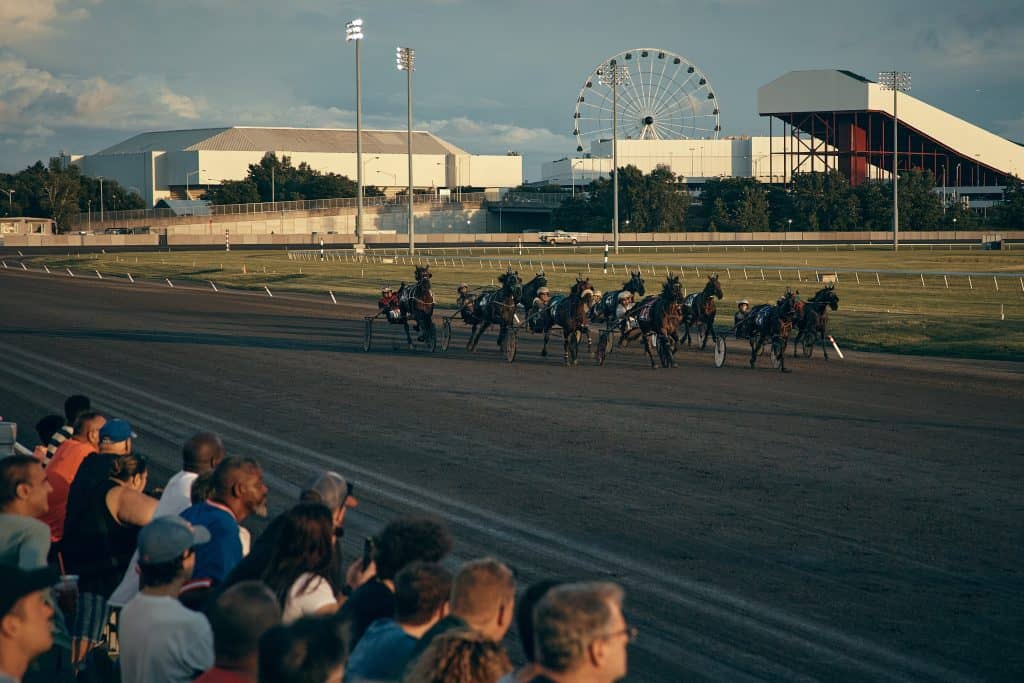

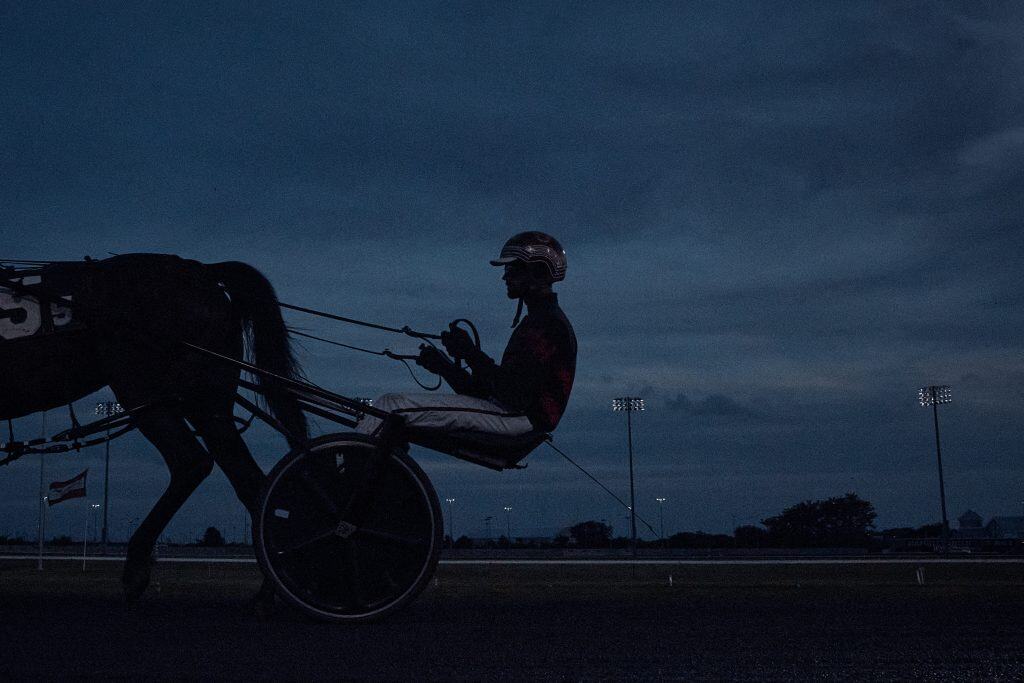
Before you go, can you help us continue to do in-depth reporting for a better New Jersey?
The team at The Jersey Vindicator is dedicated to journalism that informs and empowers residents, spotlights truth, advances accountabilty, and sparks change. If you value our work, please support us with a tax-deductible donation of any amount.
John Brennan has covered New Jersey and New York sports business and Meadowlands matters since 2002, with an additional focus on Atlantic City casinos, the fate of NJ horse racing, and other gambling topics. In 2008, Ihe was named a Pulitzer Prize finalist with Jeff Pillets for an 18-month investigation into a failed golf and housing project at the Meadowlands garbage dumps.



